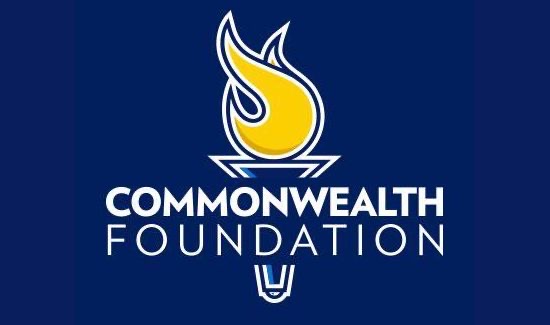Ed Funding Report Would Increase Family Taxes by $2,000 Per Year

By Stephen Bloom
The Basic Education Funding Commission (BEFC) has approved its final report on distributing basic education funding for Pennsylvania’s 500 school districts.
I’m concerned about what’s in the report. The report alarmingly recommends an additional $5.4 billion in basic education funding. To foot that bill, the average family of four in Pennsylvania can expect to pay an extra $2,000 per year in taxes.
But what’s even more troubling is what’s not in the report.
“A unanimous Democratic-only report risks setting the ceiling for negotiations—and this report is closer to my floor,” said Williams before the final vote. “I saw little reason to compromise now.”
If $5.4 billion is Williams’s floor, I’m afraid to hear what her ceiling is.
Lawmakers Must Step Up
Following the Commonwealth Court’s February 2023 ruling that Pennsylvania’s educational funding system is unconstitutional, some observers have misplaced expectations, assuming this BEFC report will usher in drastic increases in basic education funding.
Since 2013, state support for public education is up 55 percent in Pennsylvania, reaching an all-time high of $15.5 billion in fiscal year 2023–24. Spending more than $21,000 per pupil, Pennsylvania is one of the nation’s biggest spenders on public education.
Before special interests demand the spending of even more tax dollars, Pennsylvania taxpayers deserve to see a return on their already sizable investment.
Accountability and Choice
What happens when a school district receives more funding, but its students continue to struggle academically? Are the schools held responsible for failing their students? If so, how?
Furthermore, what are parents and students to do if their school continues to fail them? Students need better schools now, not later. They don’t have time to wait for these low-performing schools to get their acts together.
Fortunately, better schools already exist. Students and families need the freedom to choose the right school, making school choice programs vital to this conversation.
To acknowledge the vital role school choice programs play in Pennsylvania’s education system, lawmakers and the governor should expand existing programs, such as the Educational Improvement Tax Credit (EITC) and Opportunity Scholarship Tax Credit (OSTC) programs, or legislate new ones, such as Lifeline Scholarships, also known as the Pennsylvania Award for Student Success (PASS).
Let’s always remember our ultimate priority: students. Regardless of what the commission recommends, lawmakers on both sides of the aisle and the governor are the ones who must step up and find common ground to ensure that Pennsylvania funds students, not broken systems.







